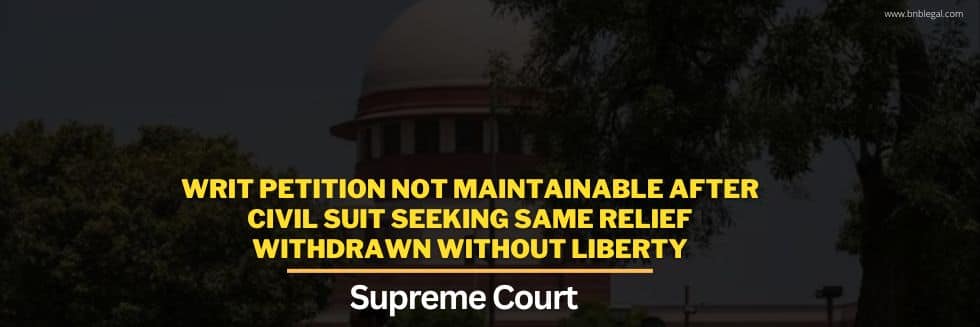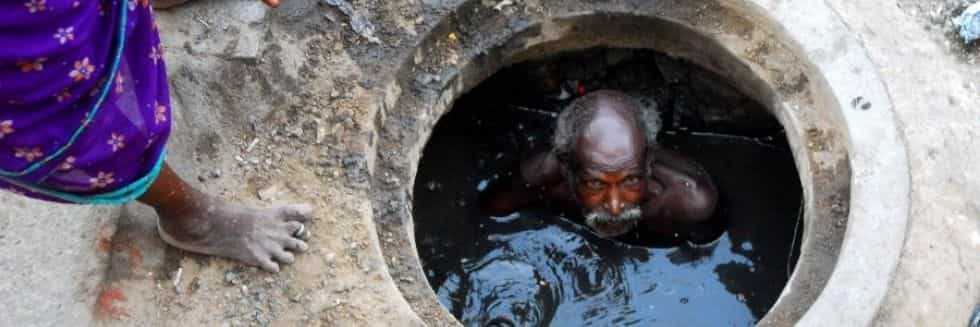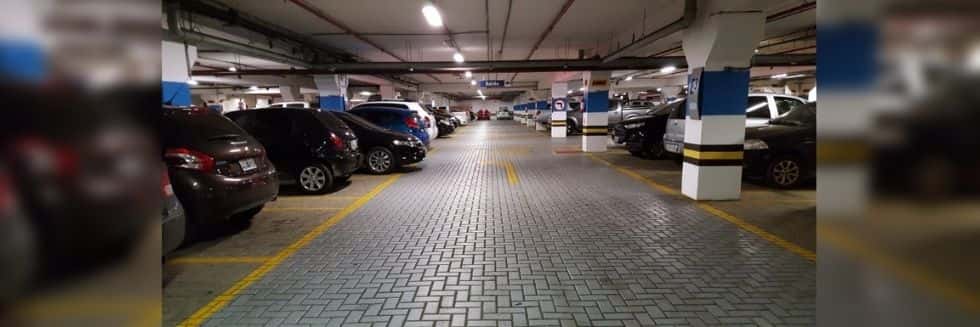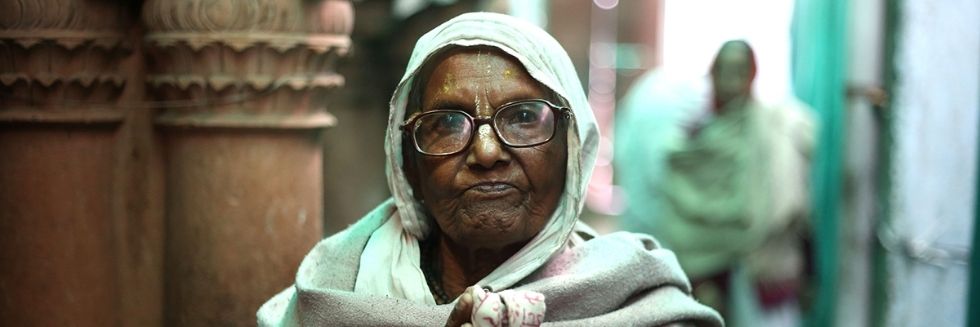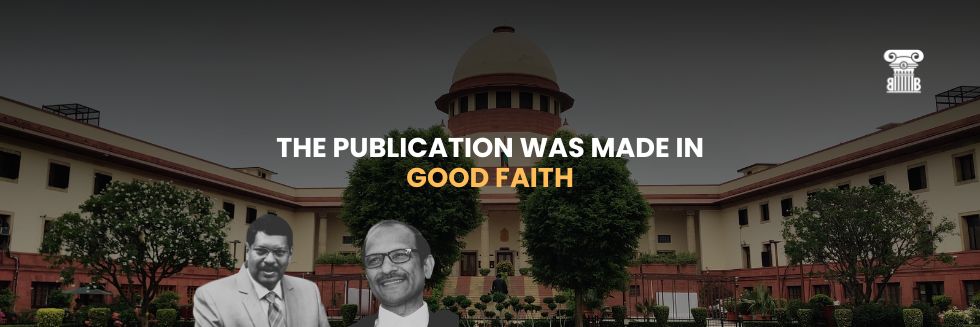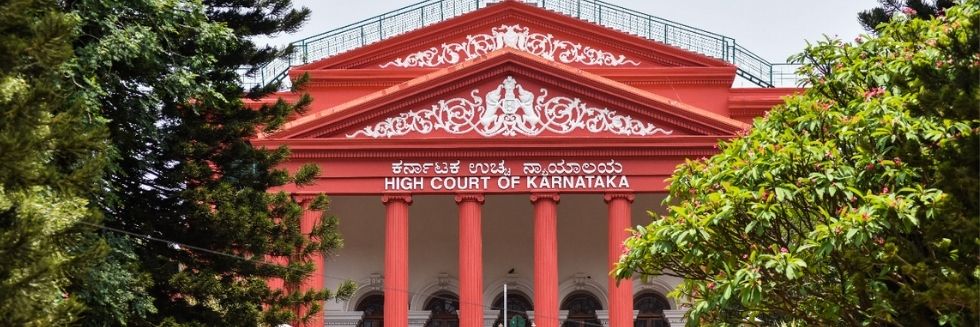The Supreme Court has reaffirmed that a writ petition cannot be maintained if it is filed after the withdrawal of a civil suit seeking the same relief, without being granted the liberty to file a fresh suit. The Court emphasized that the principles of constructive res judicata, as outlined in Order 23 Rule 1 of the Code of Civil Procedure, 1908, also extend to writ proceedings.
A panel consisting of Justice AS Oka and Justice Rajesh Bindal rejected a civil appeal challenging the decision of the Division Bench of the Orissa High Court, which disrupted the settled records of rights pertaining to a property that had been finalized in 1962. In addition to invoking the principle of constructive res judicata, the Court dismissed the appeal due to the delay and inexcusable negligence in concealing the fact that a previous civil suit seeking the same relief had been filed and subsequently withdrawn without being given permission to file a fresh suit.
As per the provisions of Section 12 of the Orissa Survey & Settlement Act, 1958, the record of rights pertaining to a specific land plot was concluded in 1962. The respondents asserted that during the settlement process, they had raised objections as the rightful owners of the land. However, these objections were disregarded by the Settlement Officer, resulting in the land being registered under the General Administrative Department (GAD). Subsequently, the plot was allocated to the Reserve Bank of India (RBI) for the purpose of constructing staff quarters.
After the publication of the final record of rights, the respondents lodged an appeal before the Settlement Officer, which was deemed inadmissible. However, despite its lack of maintainability, the Settlement Officer decided to entertain the appeal and issued an order in 1990, directing the respondents to seek recourse with the General Administrative Department (GAD). However, by that time, the construction on the land had already been completed.
In 2003, a civil suit was initiated, aiming to obtain a declaration of title and an injunction against the General Administrative Department (GAD). However, in 2007, the suit was withdrawn. Subsequently, in 2008, the respondents filed a writ petition challenging, among other things, the allocation of the land to the Reserve Bank of India (RBI). Essentially, the writ petition contested an order issued by the Settlement Officer nearly 18 years prior. The writ petition was resolved in 2008, with the respondents being granted the freedom to take appropriate action regarding the final record of rights. Upon appeal, the Division Bench of the High Court provided relief to the respondents.
In the challenged order, the Division Bench intervened in the settled records of rights from 1962. It directed the consideration of the respondents’ representation to allocate an appropriate land plot in exchange for the disputed plot. The respondents contended that official records indicated their entitlement to a land allocation as a substitute for the concerned property.
The Supreme Court bench was analysing the following issues
- Impact of delay and laches on the availability of remedies concerning the final publication of the record of rights.
- The question of whether a writ petition can be considered maintainable when a civil suit, seeking identical relief, was withdrawn without being granted permission to file a fresh suit, and when material facts (regarding the filing of the suit) were concealed from the court.
- Determining the validity of a party relying on notations in government files without receiving any formal communication or order based on such notations.
In considering the issue of delay and laches, the Supreme Court referred to several significant judgments, which were unfavorable to the original writ petitioners (respondents):
- P.S. Sadasivaswamy v. State of Tamil Nadu – Courts should exercise discretion by not granting extraordinary powers under Article 226 to individuals who fail to seek timely relief.
- New Delhi Municipal Council v. Pan Singh And Ors. – While there is no specific limitation period, writ petitions should be filed within a reasonable time.
- State of Uttaranchal And Anr. v. Sri Shiv Charan Singh Bhandari And Ors. – Delay and laches can result in the denial of relief when individuals do not assert their rights promptly.
- Chennai Metropolitan Water Supply And Sewerage Board And Ors. v. T.T. Murali Babu – As a constitutional court, the duty is to protect citizens’ rights; however, claims brought at the petitioner’s convenience need to be scrutinized carefully for consideration at a belated stage.
- State of Jammu And Kashmir v. RK Zalpuri And Ors.; Union of India And Ors. v. Chaman Rana – Claims that have become stale should generally not be adjudicated unless non-interference would result in grave injustice.
- Senior Divisional Manager, Life Insurance Corporation of India Ltd. And Ors. v. Shree Lal Meena – Remaining silent for an extended period as an aggrieved party does not entitle them to raise stale claims.
- Union of India And Ors. v. N. Murugesan And Ors. – Neglecting to fulfill the legal requirements may impede a party’s ability to obtain a remedy.
Regarding the issue of the maintainability of a writ petition when a suit seeking the same relief has been withdrawn without permission to file a fresh suit, the Supreme Court relied on the following judgment to decide against the respondents:
MJ Exporters Private Limited v. Union of India And Ors. – The principles of constructive res judicata, as established in Order 23 Rule 1 of the Code of Civil Procedure (CPC) regarding the withdrawal of suits and abandonment of claims, are applicable to writ proceedings.
In essence, the Supreme Court found that the principles of res judicata can be extended to writ proceedings, implying that if a civil suit seeking the same relief has been withdrawn without liberty to file a fresh suit, it may affect the maintainability of a subsequent writ petition.
In light of the original writ petitioners’ failure to disclose the filing and withdrawal of a civil suit for the same relief, the Supreme Court provided an explanation based on relevant cases that dealt with the concealment of material facts from the court:
- Abhyudya Sanstha v. Union of India And Ors. – Relief under Article 136 of the Constitution of India is not granted to individuals who approach the court with unclean hands and make false statements that taint the administration of justice.
- Hari Narain v. Badri Das – If the Supreme Court determines that a material statement made by the appellant is misleading, it has the authority to revoke the special leave granted.
- G. Narayanaswamy Reddy (Dead) by Lrs. And Anr. v. Government of Karnataka And Anr. – Relief under Article 136 is discretionary, and petitioners should approach the court with full disclosure of facts; otherwise, their plea may be dismissed.
- Dalip Singh v. State of UP And Ors. – Litigants who attempt to corrupt the legal process are not entitled to any form of relief, be it interim or final.
- Moti Lal Songara v. Prem Prakash @ Pappu And Anr. – Litigants who engage in acts of suppression and fraud within the court system cannot be allowed to succeed.
- ABCD v. Union of India And Ors. – Making false statements on oath is an offense punishable under Section 181 IPC (Indian Penal Code). Furnishing false information with the intention to cause a public servant to misuse their lawful power to harm another person is punishable under Section 182 IPC.
- Chandra Shashi v. Anil Kumar Verma, KD Sharma v. Steel Authority of India Limited And Ors., Dhananjay Sharma v. State of Haryana And Ors. – Individuals who attempt to deceive the court interfere with the administration of justice and may be held in contempt of court.
To summarize, the Supreme Court highlighted these cases to emphasize that individuals who conceal material facts, make false statements, or attempt to deceive the court are not entitled to relief, and their actions can have serious consequences, including dismissal of their plea and potential contempt of court charges.
The Supreme Court, drawing upon the cases of Mahadeo And Ors. v. Sovan Devi And Ors. and Municipal Committee, Barwala, District Hisar, Haryana through its Secretary/President v. Jai Narayan And Company And Anr., emphasized that inter-departmental communications cannot serve as a valid basis for asserting any rights. Mere notations in a file do not hold the status of an official order unless they are effectively communicated to the concerned party. In the present case, the Court observed that the Government neither issued an order nor conveyed any information to the respondents regarding the allotment of land.
